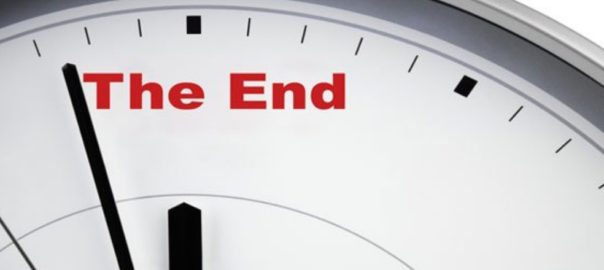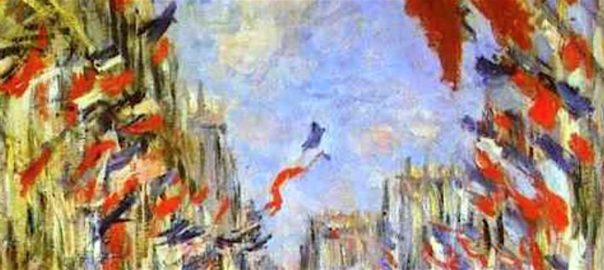
In recent weeks, several friends and leaders have asked about the current circumstances and their relationship to biblical prophecy and the “end times.” Space does not permit analysis of all the perspectives, books and videos, and many voices vying for attention. I have prayerfully distilled some insights that I hope will be helpful. I am synthesizing biblical, historical, and contemporary voices:
- We have been in the “final hour” since the Resurrection of Jesus and the outpouring of the Spirit. There have been many antichrist figures and movements and many amazing awakenings and missionary advances. Such will be the case until the Lord returns in glory. We will see great apostasies and great awakenings, global advances of the church and tragic unfaithfulness from many.
- The natural disasters and supernatural warfare are all previews or precursors of the final Day of the Lord. Other generations of believers have suffered greatly and advanced the kingdom under severe persecution and economic challenge. America is not the center of biblical attention – we are one of the “distant lands” and must humbly accept that we are both blessed and subject to divine judgment.
- God has called us to occupy well until Jesus comes. The Lord wants us alert and prayerful, on duty for him…as we do our everyday assignments on the frontlines of mission. Our daily work – home or office, field or factory, labor or leadership, paid or unpaid – is not merely a means to an end…it is part of the divine economy and providential provision for our community as well as our families. “Watch and pray” is a clarion call to intercession and discernment.
- We must be ready at any moment to give an account to God (Luke 12). Rather than speculate or live selfishly, our Lord has called us as exiles to live faithfully as missionary believers and communities, seeking the good of our communities and nations (Jer. 29). We may feel alienated or marginalized, but we have great power through humility and loving service.
- We are not to run to our bunkers or head to the hills, but be salt and light (Matthew 5), and shining stars in a wicked world (Philippians 2). We are the mustard seed and the yeast in Jesus’ parables of the kingdom (Matthew 13), influencing all facets of our world for the God’s glory and the good of others.
- It is not wrong to wonder if we are very close to Christ’s Return – we are! It is the next great event in God’s restoration calendar. We should have a sense of anticipation – and plant trees for our grandchildren. We should be urgent about sharing our faith – and earn the right to be heard by how we live.
Jesus saves the whole person – body, soul, and spirit. Jesus is also redeeming all of creation and every community. There will be continuity between our current work for him and our future work in the new heavens and new earth (Surprised by Hope by N.T. Wright and Randy Alcorn’s 700-page work on heaven give solid insights here). We can reject apathy and triumphalism, keep fear away and allow faith to inform our vision invite others to the Gospel journey of faithfulness.




